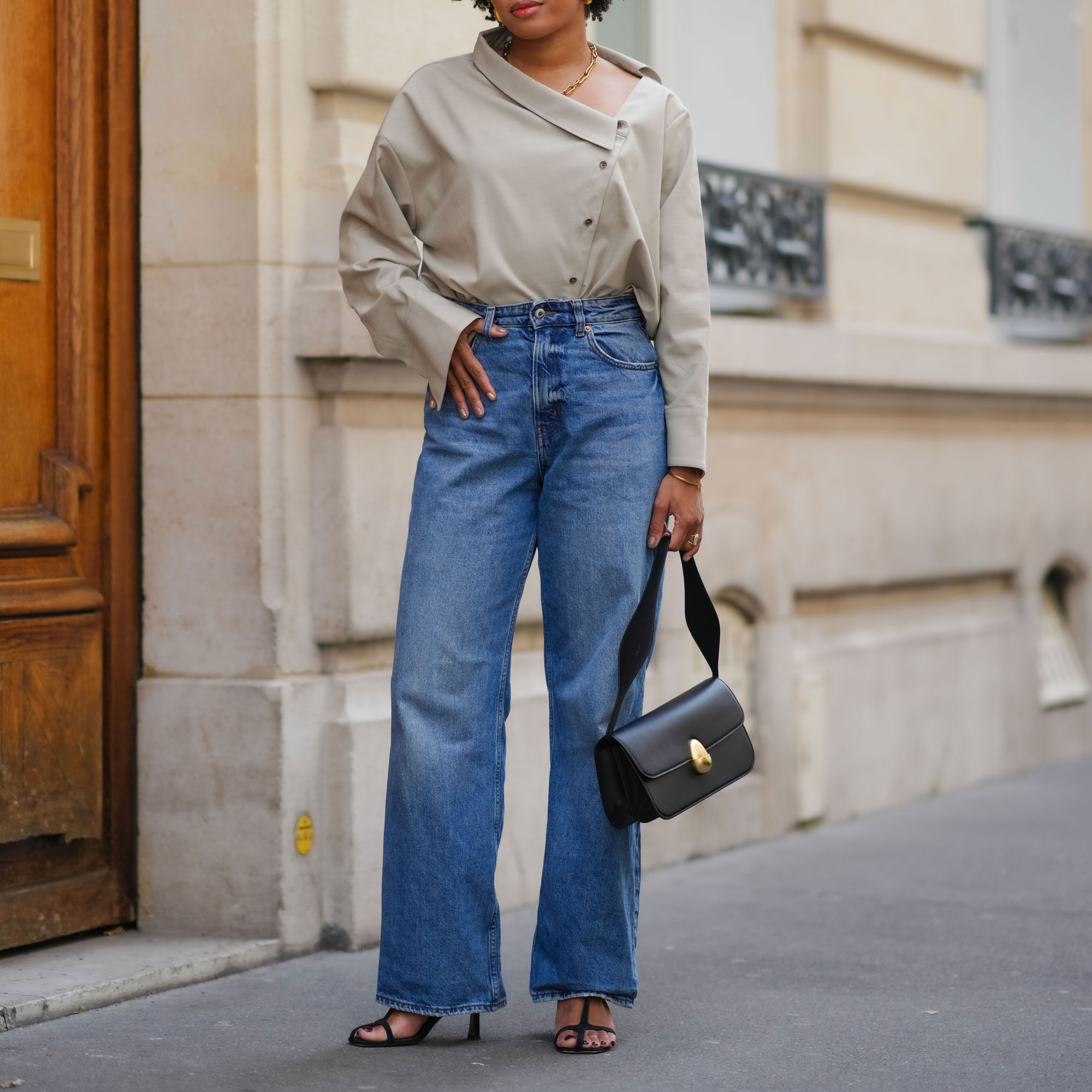This $8 Product Is the 3-Second Key to Damage-Proof Skin

Growing up in the famously overcast Pacific Northwest, I admittedly put very little thought toward protecting my melanin-blessed skin from the sun's harsh rays. This could be because I once believed the wildly inaccurate (yet heavily perpetuated) idea that dark skin tones are at low risk for sun damage and other harsh environmental aggressors. Luckily, once I entered young adulthood and began taking better care of myself, I invested time and energy into discovering helpful everyday products. As you may have already guessed, identifying and investing in the right sunscreen was at the top of my list.
As a beauty editor, I regularly come into contact with hundreds of highly rated products marketed as must-haves. But it's hearing from experts that has had the biggest impact on my shopping habits. For a better idea of where to start when making my sunscreen selections, I spoke to dermatologist Gary Goldfaden, MD, the co-founder of Goldfaden MD. The brand is known for its holistic-based and technologically advanced skincare solutions. It offers products that tackle several concerns, including dull complexions, uneven tone, and fine lines. If you're itching to learn more about sunscreen and get your hands on the best ones, you'll want to keep reading.
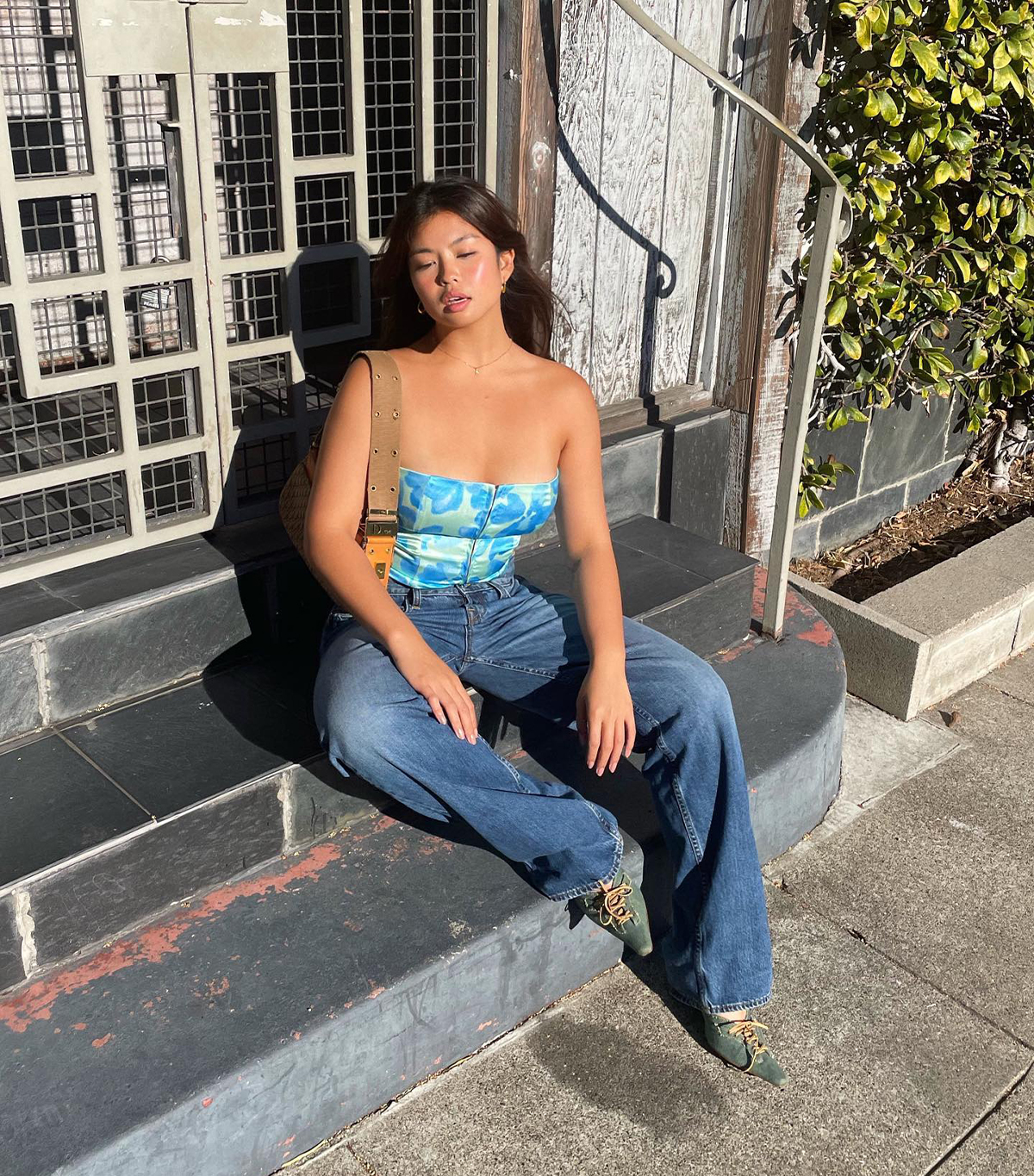
What to Consider When Choosing a Sunscreen Stick
Did you know different sunscreens can address different skin concerns when used correctly? That's right; I'm talking mineral and chemical sunscreen, both of which come in easy-to-apply sunscreen-stick form. According to Goldfaden, mineral sunscreens contain physical blocking ingredients such as zinc or titanium oxide, which sit on the skin's surface to build a protective barrier from harmful UV and UVB rays. They work immediately upon application and are ideal for individuals with skin sensitivity. Chemical sunscreens, on the other hand, may prove to be more irritating for some skin types but contain an effective medley of ingredients that absorb the rays.
One of the other biggest differences between the two can be found in the contact or lack thereof between the skin and the sunscreen of your choice. While chemical sunscreens use ingredients to absorb UV rays, they also allow for those same rays to touch and reach the skin. "These ingredients absorb the harmful UV rays but have been shown to be reproductive disruptors in some studies," says Goldfaden. Mineral sunscreens contain nontoxic ingredients that physically block and deflect.
In Goldfaden's opinion, mineral sunscreens have been proven to be more effective than their counterparts. His favorite is Mini Bloom's Sunny Stick, an SPF 30 mineral sunscreen. With this in mind, I've gathered 17 of the best sunscreen sticks according to thousands of reviews. Believe me: They're so good you'll want to try a few of these out yourself.

Best Overall Sunscreen Stick: Cetaphil Sheer Mineral Sunscreen Stick Broad Spectrum SPF 50
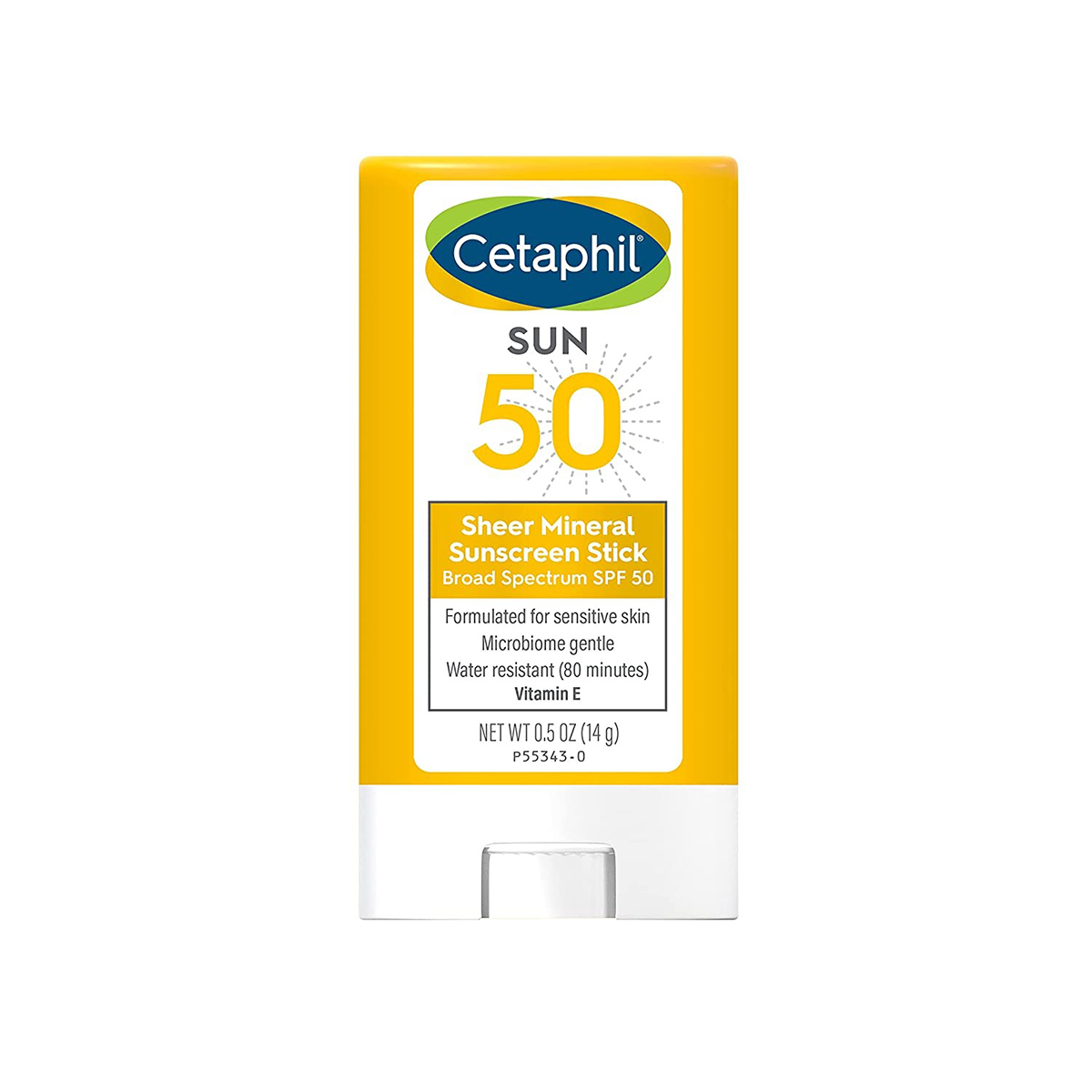
This mineral sunscreen stick applies easily and dries sheer for a white cast–free finish.
Pro: Very affordable price point
Con: None
Customer review: "I've been on the hunt for a mineral-based sunscreen to use around my eyes for a while and decided to give this one a shot. It's a small package, but [it] worked perfectly for what I needed and didn't leave a white cast nor burn my very sensitive eyes. I use retinol eye cream, so I need an effective yet gentle sunscreen to use daily, and this little gem is fantastic! 10/10 recommend!"
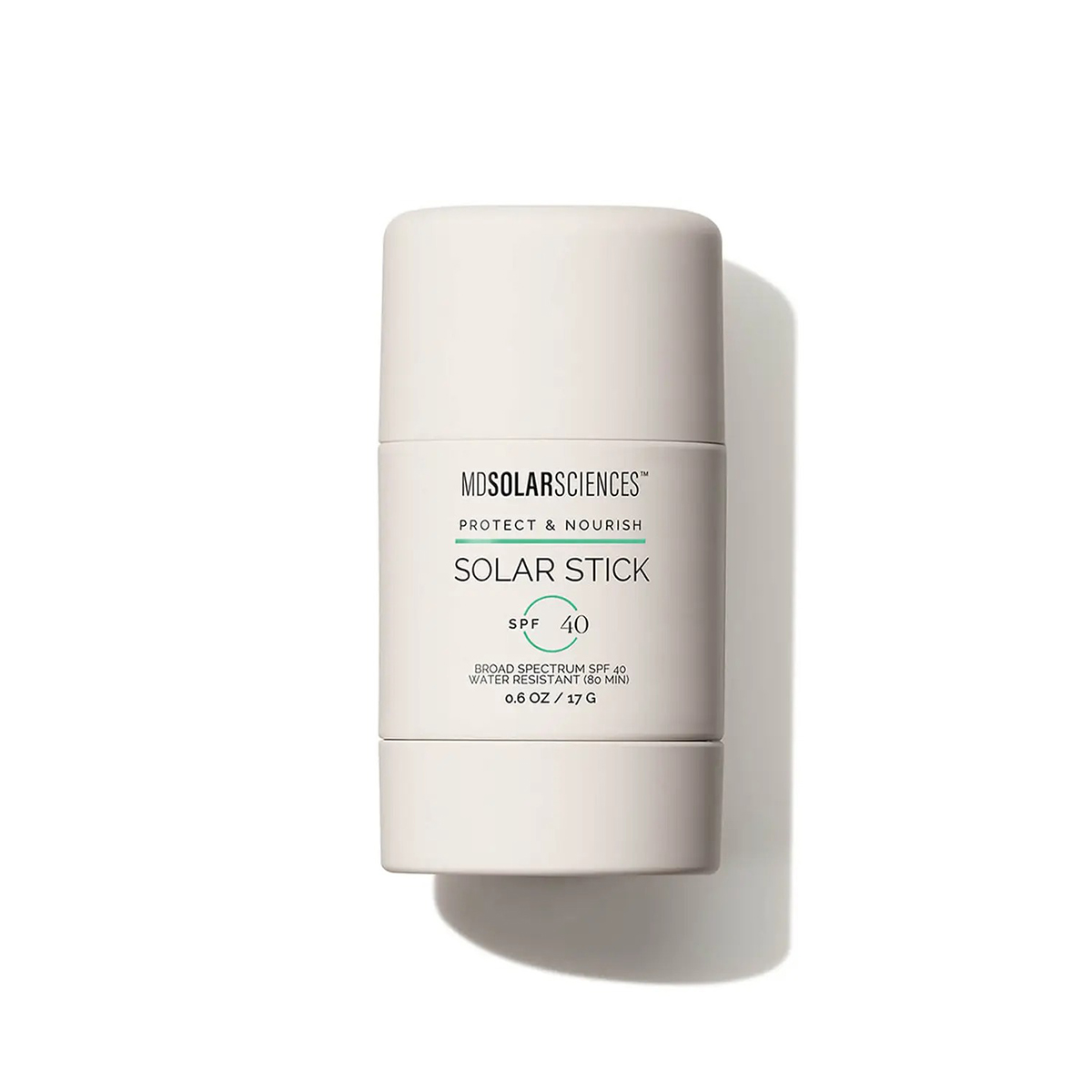
Here's a lightweight sunscreen stick that delivers powerful mineral protection against damaging UV rays.
Pro: Portable, twist-up stick applicator
Con: Not entirely sheer on deep skin tones
Customer review: "Everyone needs a sunscreen stick because it is just the most convenient product ever because reapplication of sunscreen is the most important thing. This one goes on smoothly, doesn't have a white cast, and is mineral SPF 40. I love it."
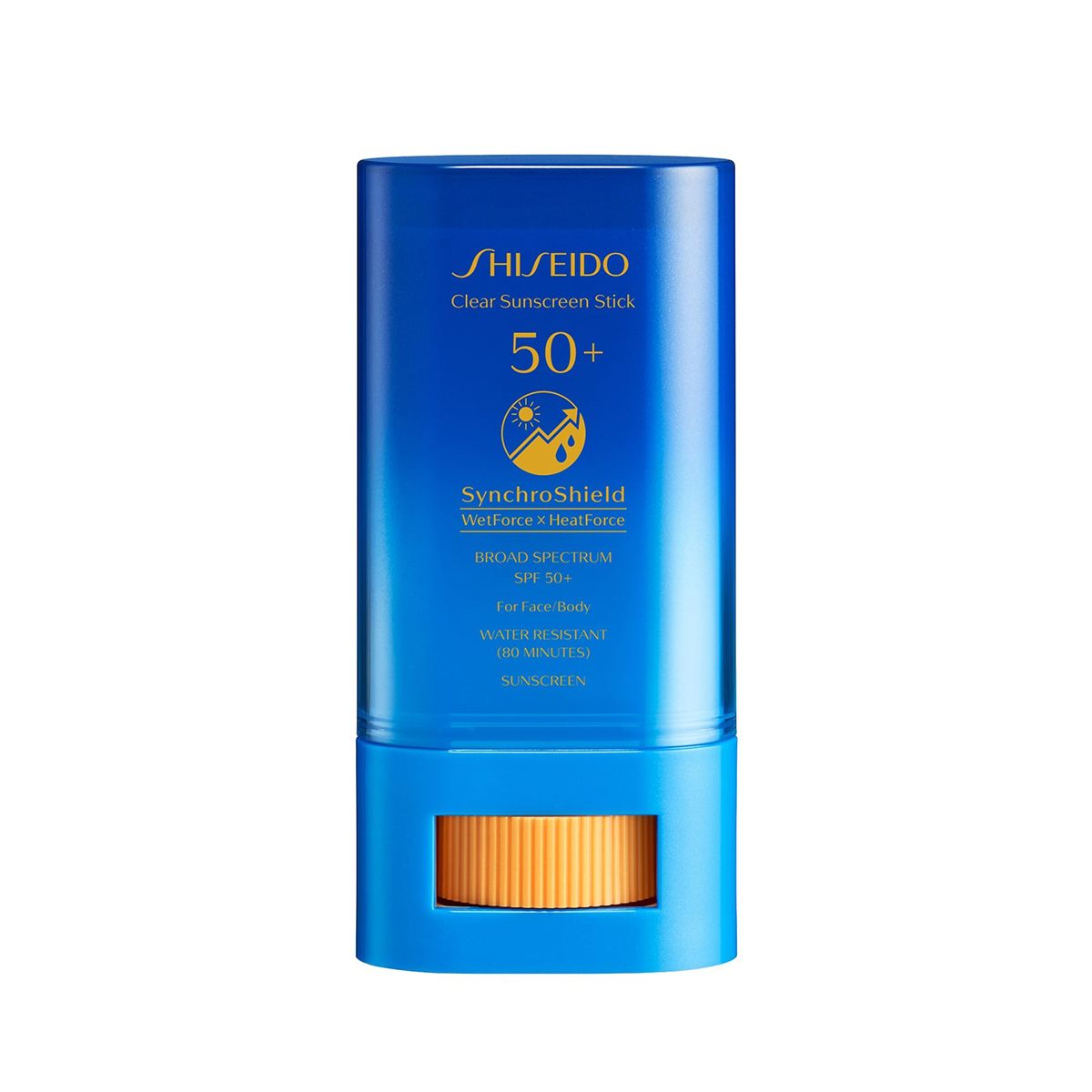
This Shiseido sunscreen stick is renowned for its non-greasy formula and glowy finish.
Pro: Waterproof and sweat-resistant formula
Con: Shifts beneath makeup
Customer review: "I've been using the Shiseido Sunscreen Stick for a few months now, and I'm really happy with it. It's clear, so it doesn't leave a white cast on my skin, and it's lightweight and non-greasy. It's also easy to apply. I like that it's waterproof and sweat-resistant, so I can use it on my face and body without worrying about it coming off."
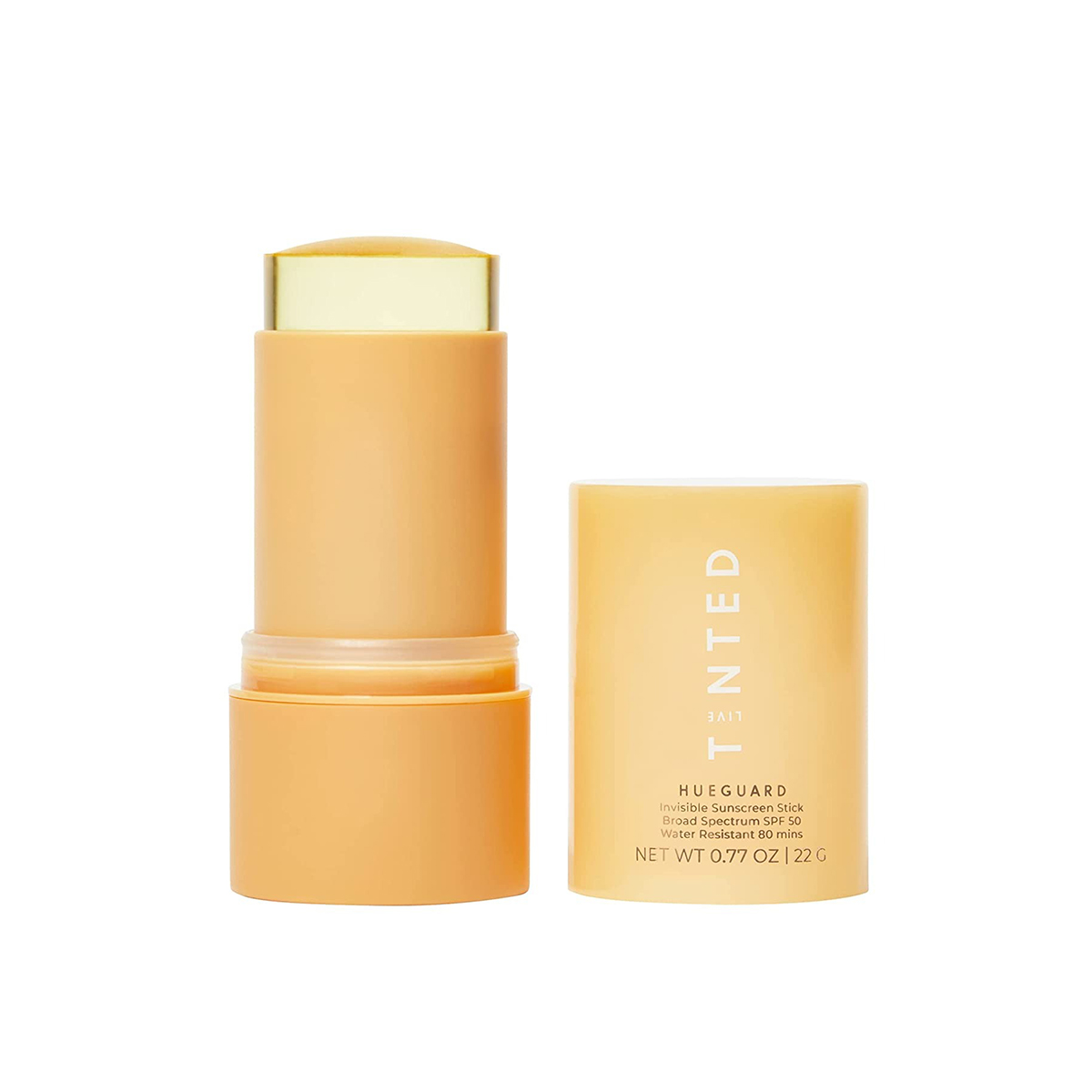
Hundreds of five-star reviews reveal how quick and easy this Live Tinted sunscreen is to use on the go.
Pro: Purse-friendly size for easy reapplication
Con: Semi-sticky formula
Customer review: "I have always used face sunblock in a stick form because it seems to stay out of my eyes best. This one is the best I've ever used! The clear formula goes on so well it's like putting on a serum. No dragging on the skin; it just glides extremely well. It has a tackiness to it after being applied. I think it would be great under makeup like a primer."
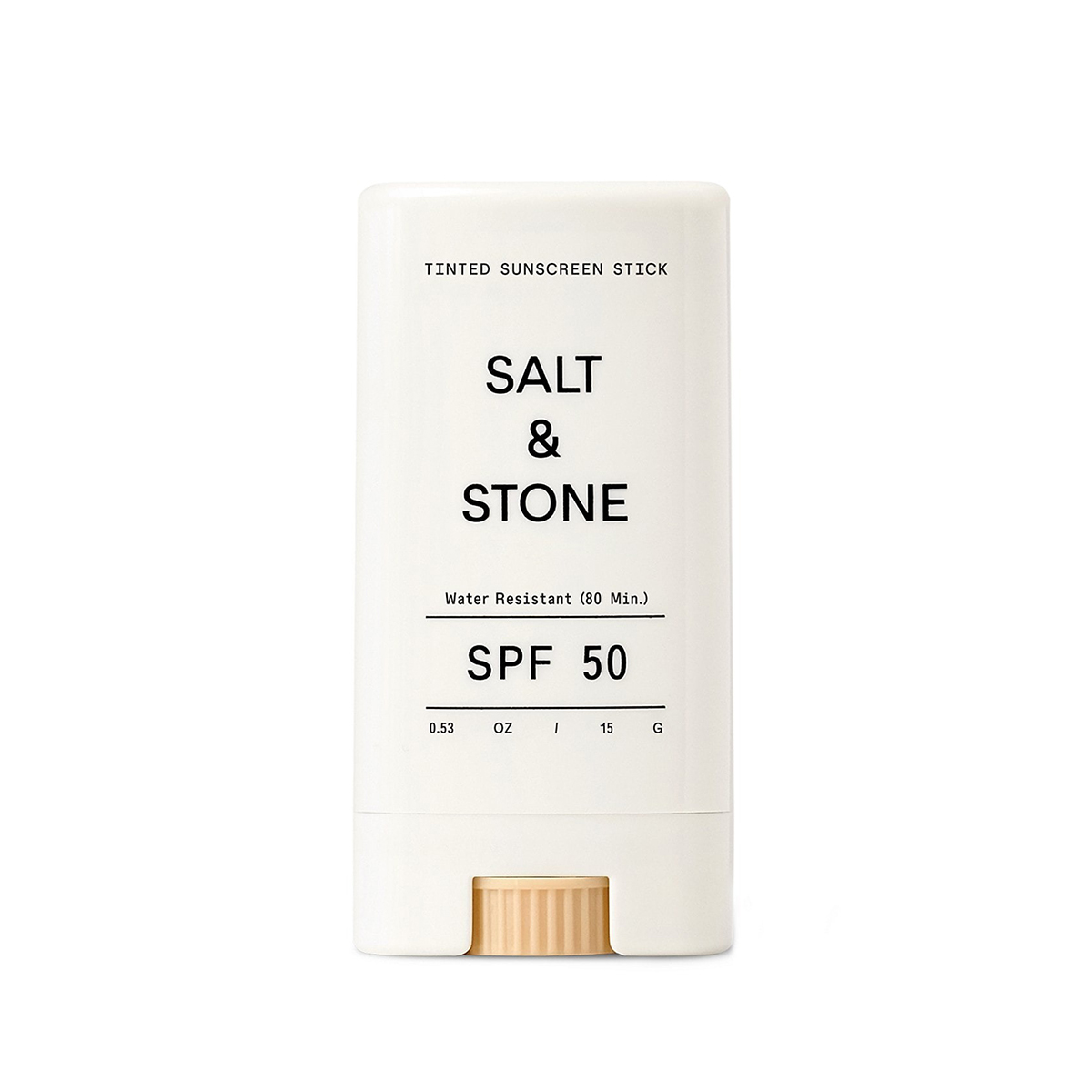
Not only will this product's minimalistic packaging look amazing on your vanity, but its formula is incredibly effective.
Pro: Clean, all-natural formula
Con: Sunscreen is not easily applied to the skin using a stick applicator
Customer review: "I really like this sunscreen stick. It's the perfect size to pop in the purse, and the rollup design makes it super easy to apply. The formulation is smooth and light and glides on easily without pulling. The tint is barely there, so it's not too dark for my super fair skin, yet [it] doesn't leave that dreaded zinc white cast. This stuff really seems invisible once it's on."
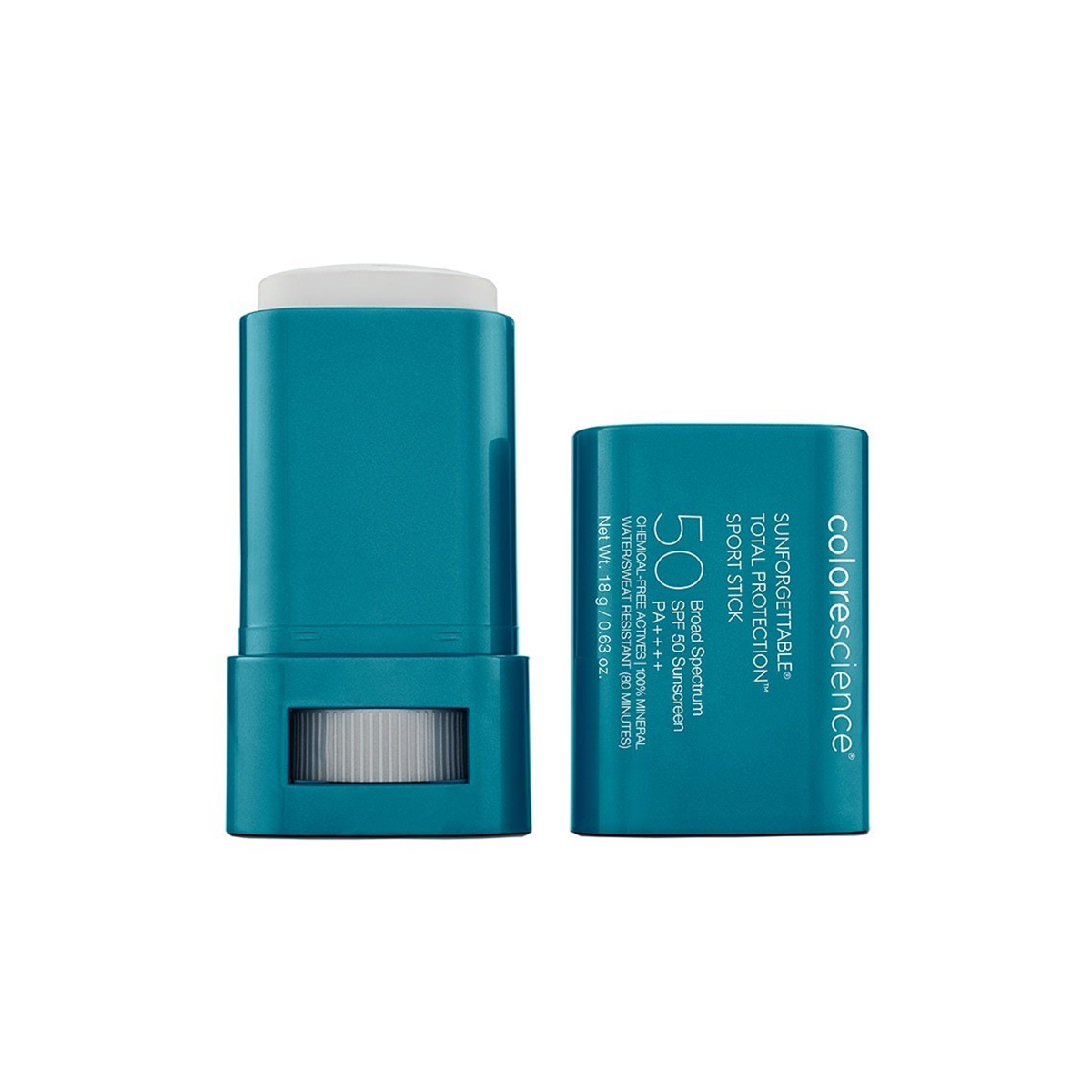
This mineral-only formula from Colorscience also features hydrating squalane and blue light protection.
Pro: Offers all-mineral protection from environmental aggressors
Con: High price point
Customer review: "Small, compact, easy to tuck into your back pocket! Easy to apply, [with] no smell and no heavy residue! Used throughout summer months here in sunny CA, and no negative skin reaction! Will be purchasing again when my supply runs low!"
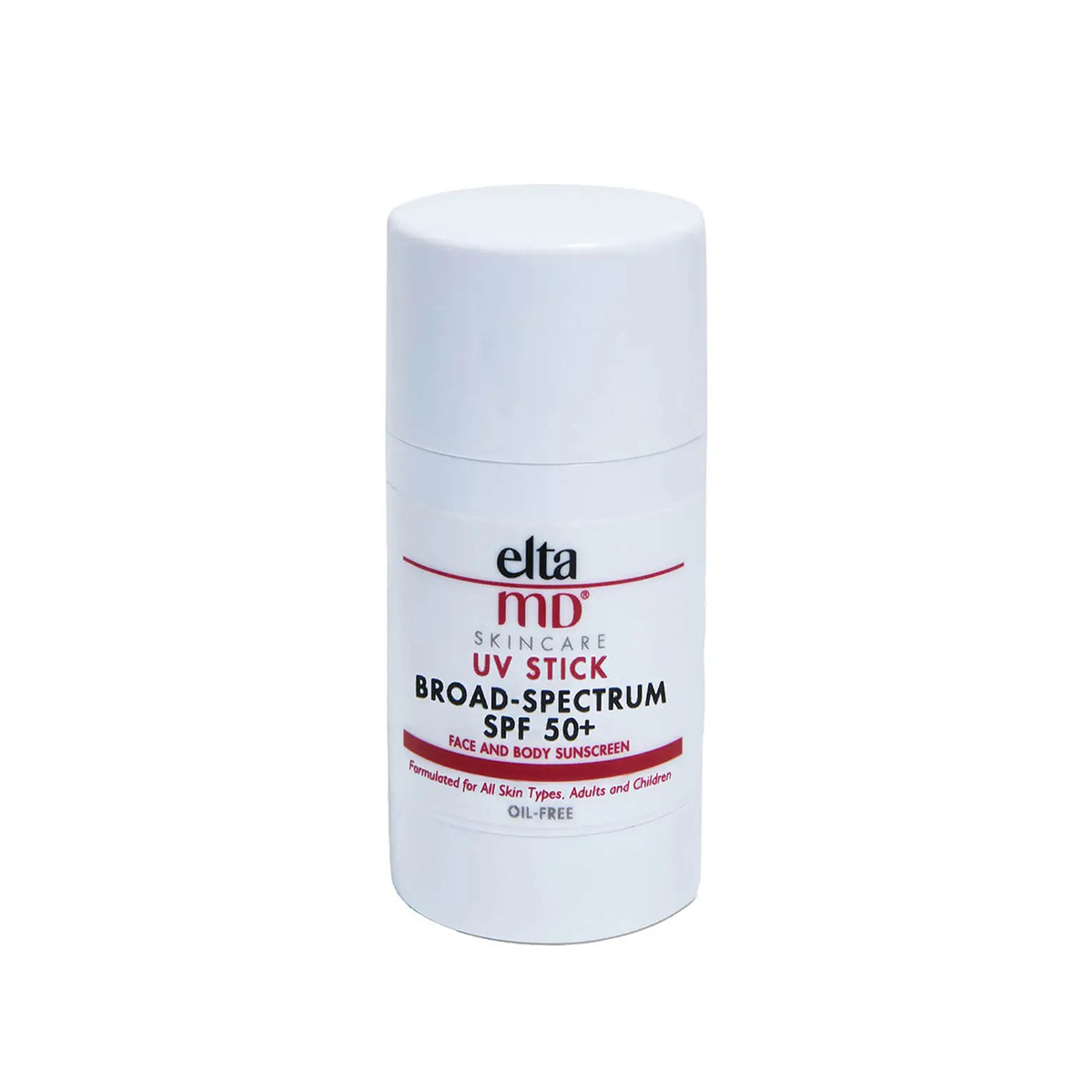
If you ask a WWW beauty editor for their holy-grail sunscreen, there's a good chance it will be this.
Pro: Noncomedogenic formula
Con: Difficult to apply evenly and smoothly
Customer review: "I can see this lasting long. It's easy to apply on my face and neck. This also doesn't break me out, which is great. I can only use very few sunscreens due to my sensitive skin, and I'm glad to add this to the portfolio. It doesn't leave that much of a white cast compared to other sunscreens, so I would say this is brown girl friendly."
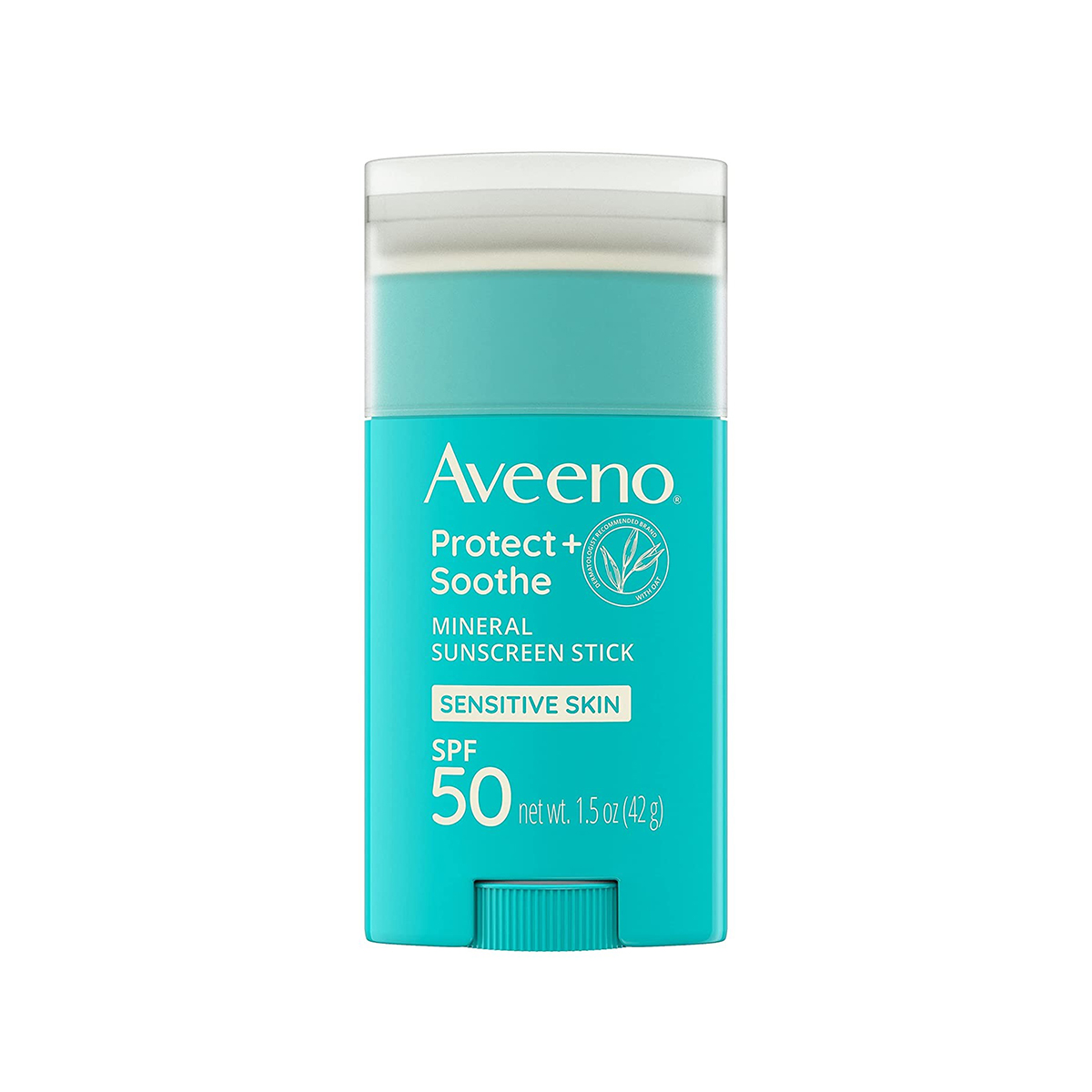
Aveeno's aptly named Protect + Soothe Mineral Sunscreen protects skin using mineral zinc oxide.
Pro: Gentle on sensitive skin
Con: Leaves a white cast
Customer review: "I've always loved Aveeno products and looked forward to trying this stick. It had a slight smell when first applied but disappeared quickly. I loved how easy the stick was to apply. It made my skin feel soft after rubbing in a bit, and my skin still felt soft after washing it off. I wore this all day hiking in the bright sun (reapplying as needed) and has no burn on my face or arms."
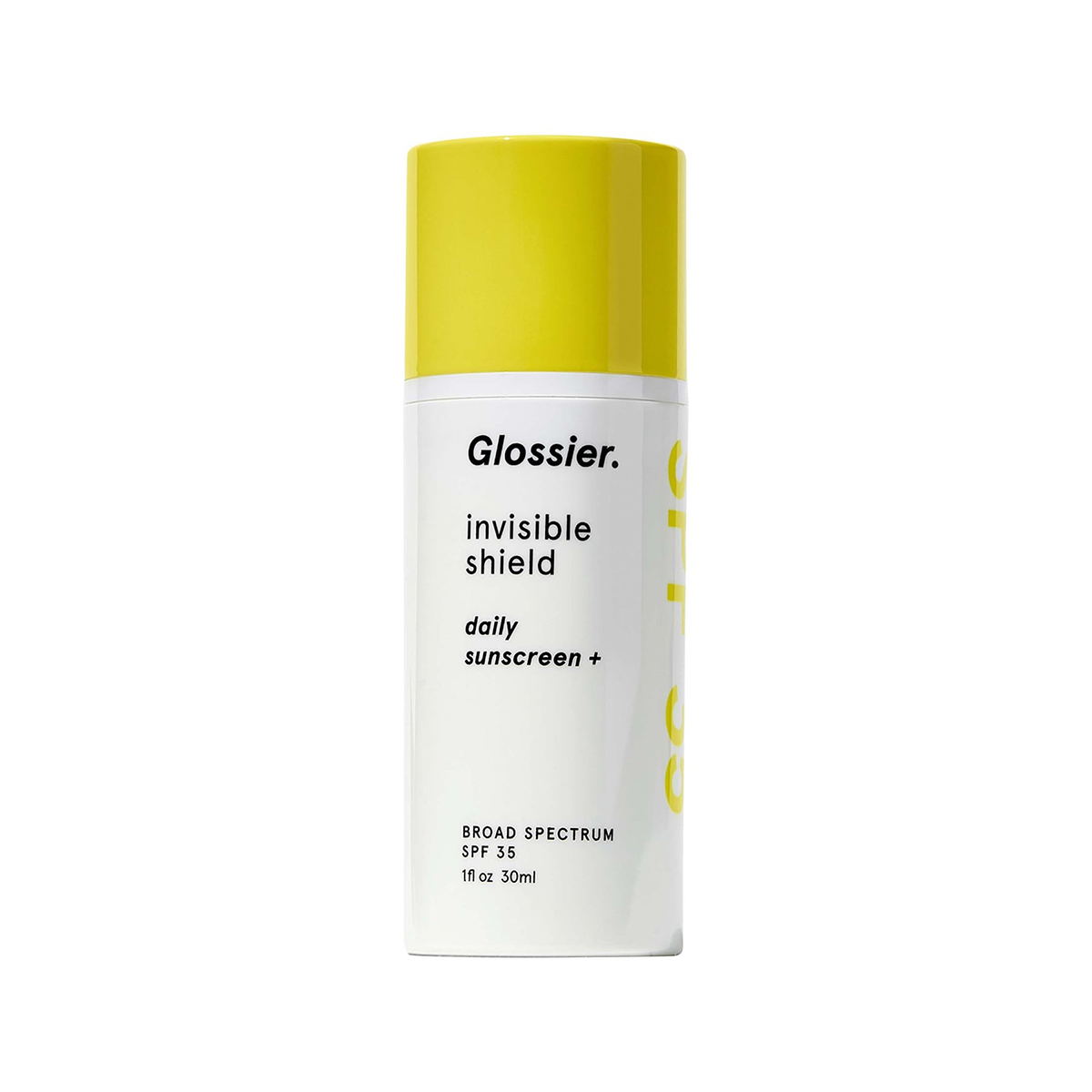
Glossier's best-selling sunscreen is incredibly lightweight with minimal fragrance.
Pro: Lightweight and easy to apply
Con: Not ideal for sensitive skin
Customer review: "I've had this for probably a month now and love it. It's definitely invisible, and the formula feels great on—like a light moisturizer. I have combination skin. Leaves my skin with a nice glow. Not too shiny."

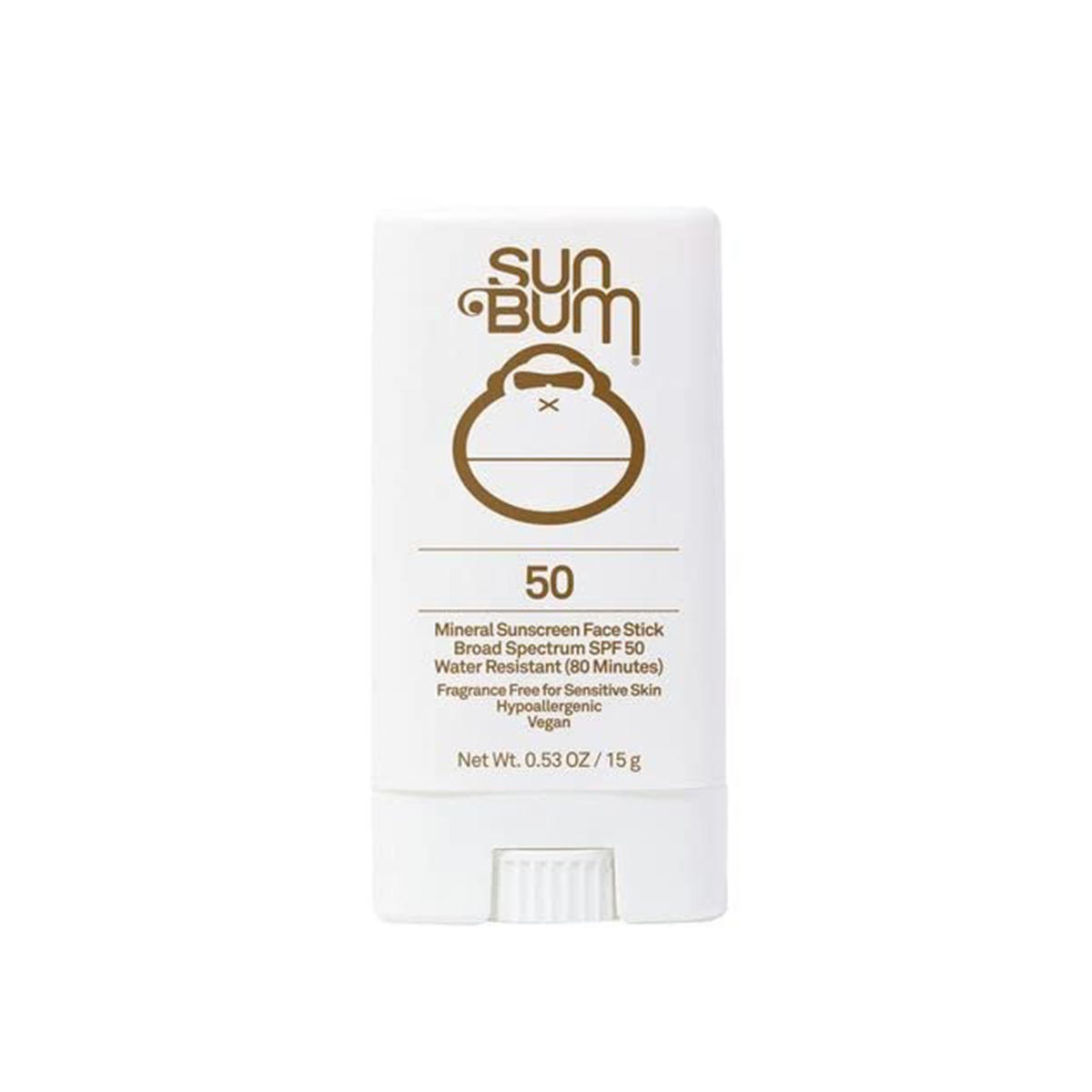
I'll use this face sunscreen all summer for sun protection that stays put and lasts all day.
Pro: Does not shift beneath makeup
Con: Difficult to apply evenly and smoothly
Customer review: "Love this. I have vitiligo, and when I'm in the sun, I put it on my hands, which are the worst spots, and it stays on all day, unlike others that you have to reapply and still don't block the sun good [sic] enough. Plus, it's small for my purse to take with me in case I end up in the sun and don't plan on it."
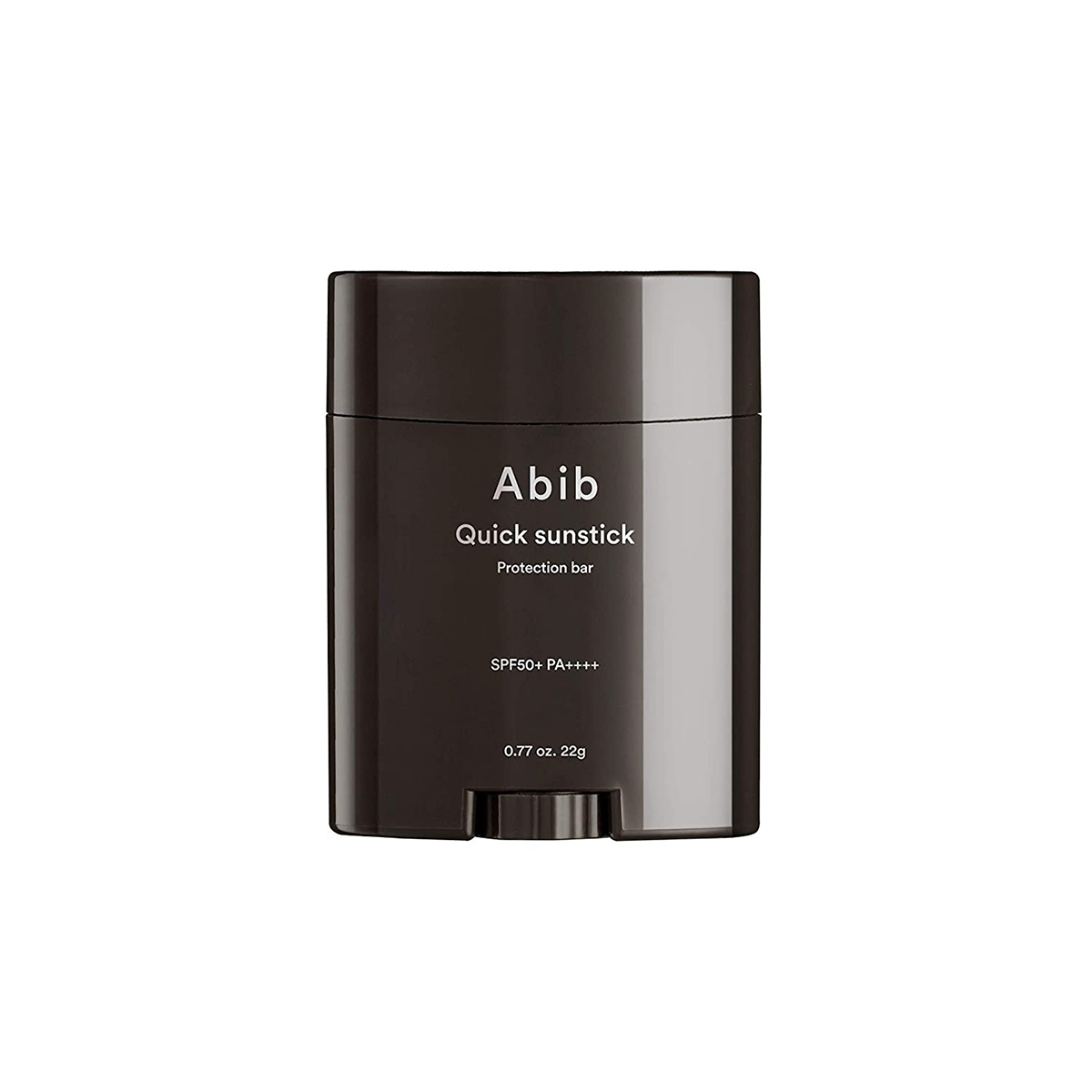
The Abib Sunstick Protection Bar is full of skin-loving ingredients such as acacia peptide, ceramide, and cucumber extract.
Pro: Soothing and moisturizing
Con: Limited amount of product (small in size)
Customer review: "If making a habit of wearing sunscreen feels like a chore you dread slathering on creams that feel heavy or sticky, then you need to buy this stick. Besides being kind of fun to apply, it has a lovely texture; it isn't oily or thick. It goes on clear and has a unique shape that helps the stick to glide along the various contours of your face."
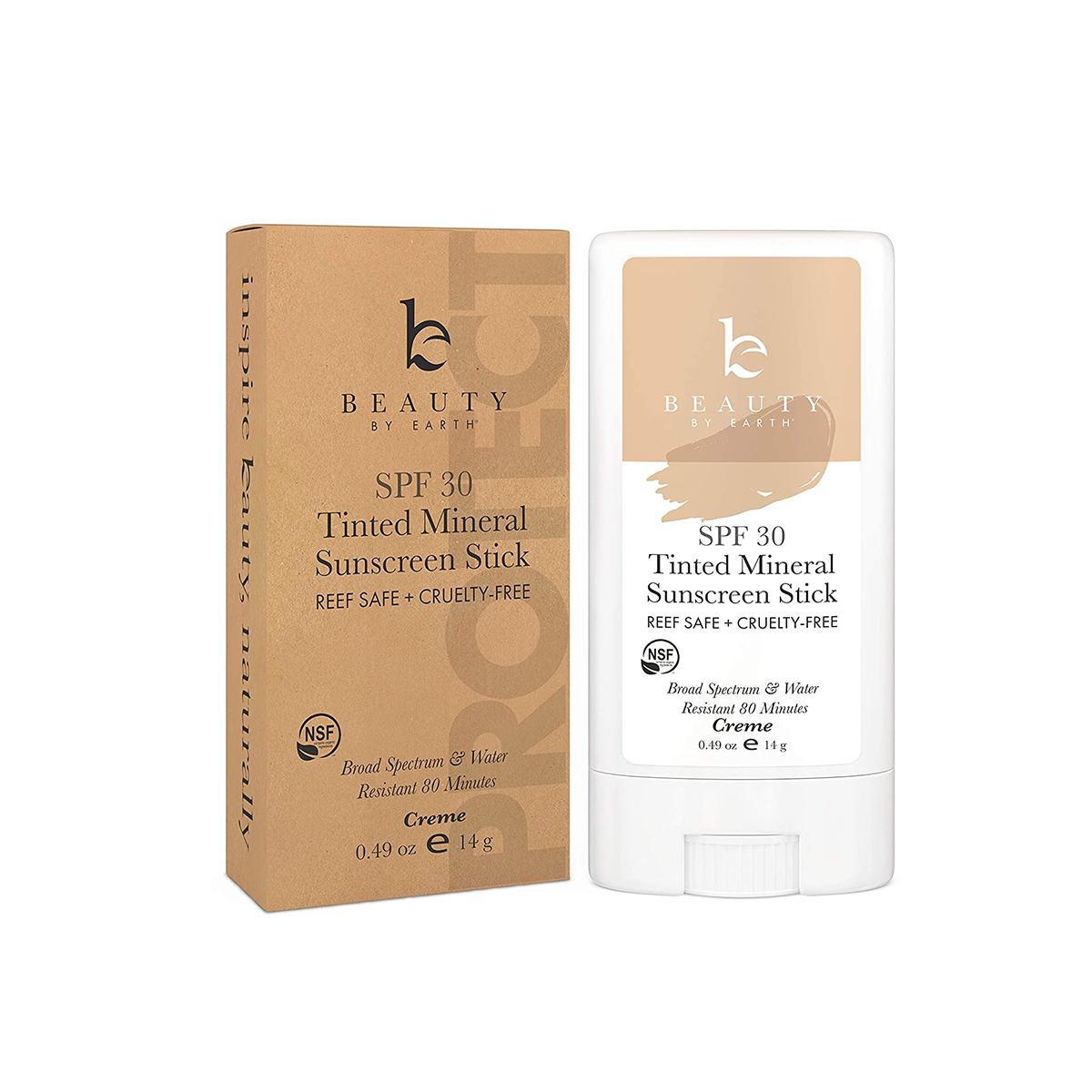
This tinted mineral sunscreen is a must-have for sensitive and acne-prone skin.
Pro: Extremely moisturizing
Con: Somewhat oily finish
Customer review: "I use a stronger SPF on my face than my body, so my face is always paler. So I like to use tinted sunscreen to give my face a little color. We were traveling, and this product was in a stick form, which was preferable to a liquid [that] could leak. I was very happy with the ease of application/blending, the color tone, and the finish (not shiny). I wore it in very strong sunlight and did not burn."
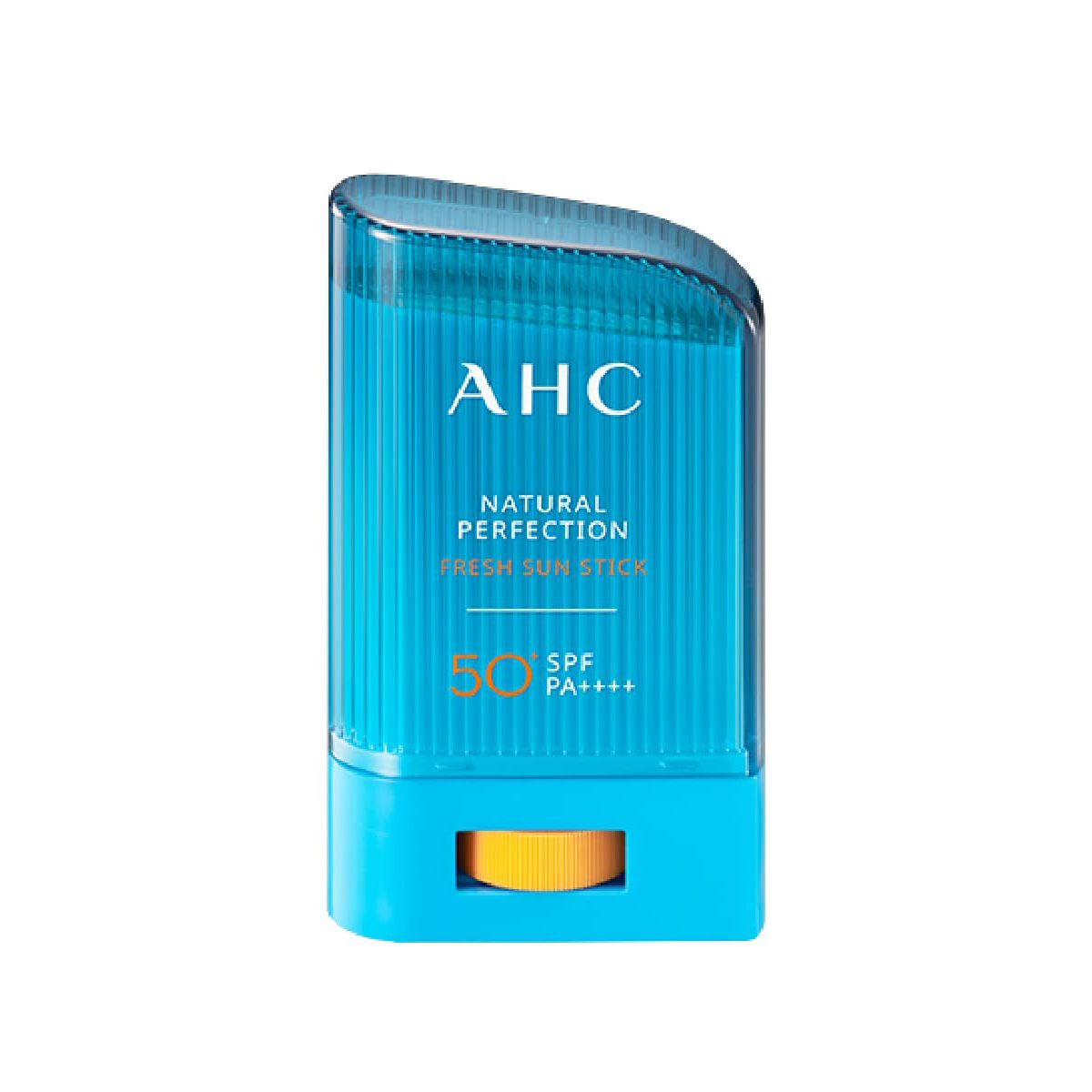
Throw this sunscreen stick in your bag to protect your skin against UV rays and other environmental aggressors.
Pro: Smooth and easy application
Con: None
Customer review: "So, I recently purchased this sunscreen, and today was the first day I put it on, and so far, I'm loving it! I wore it with no makeup to see how it feels on my skin. It glides on easily, isn't greasy, and makes my skin super soft. I have combination skin, and it doesn't make me any more oily than I already am. I was really surprised at how soft it makes my skin feel."
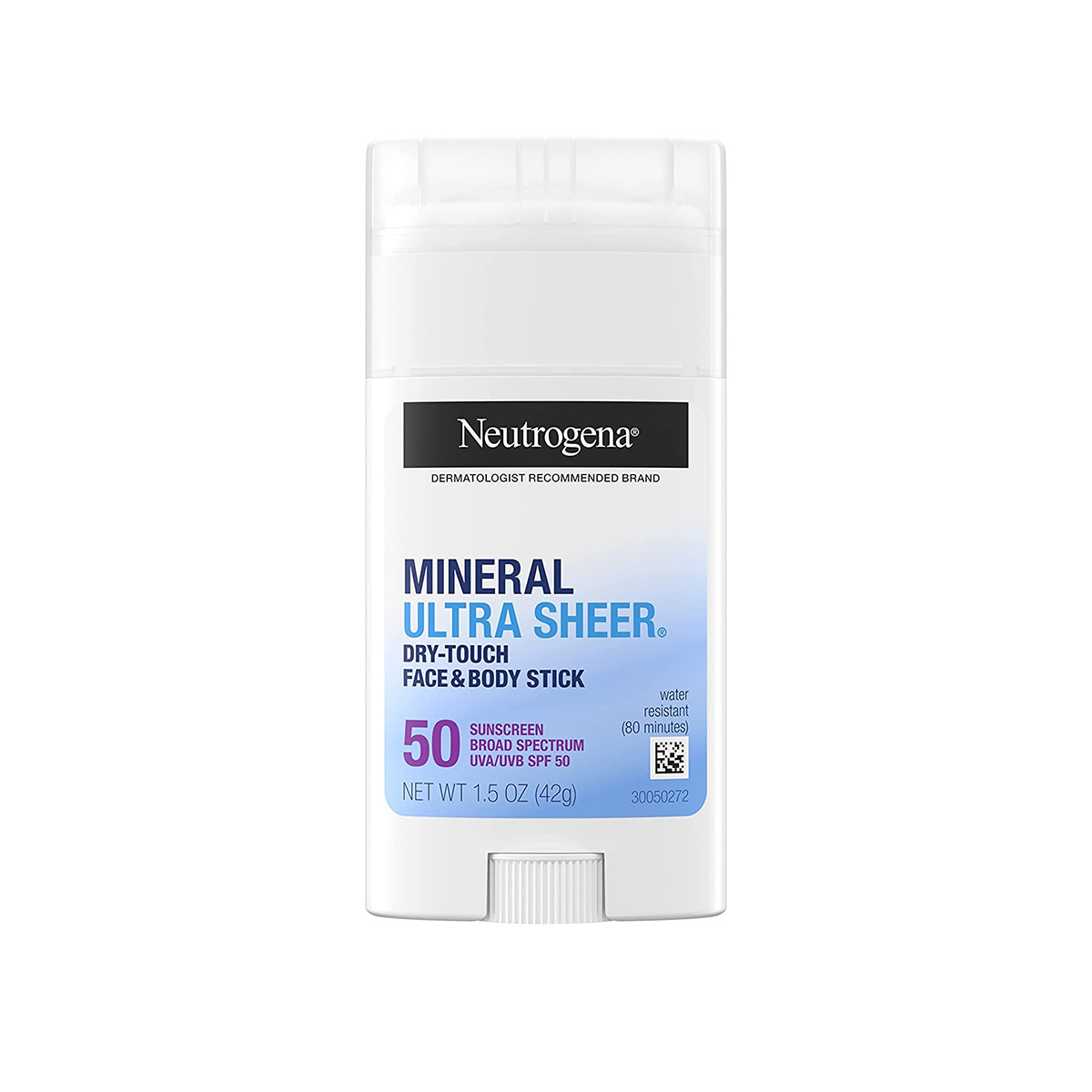
Consider bringing this Neutrogena sunscreen stick with you on your next major trip to give your skin well-deserved TLC.
Pro: Applies smoothly to the skin
Con: Can leave a white cast
Customer review: "If you're headed to a sunny destination, and you're only packing a carry-on (as enough liquid sunscreen would need to be in a checked bag), this sunscreen stick will hold up head to toe for multiple applications and multiple days. The sunscreen is lightweight on the skin, especially on the face. Just apply and rub in as normal."
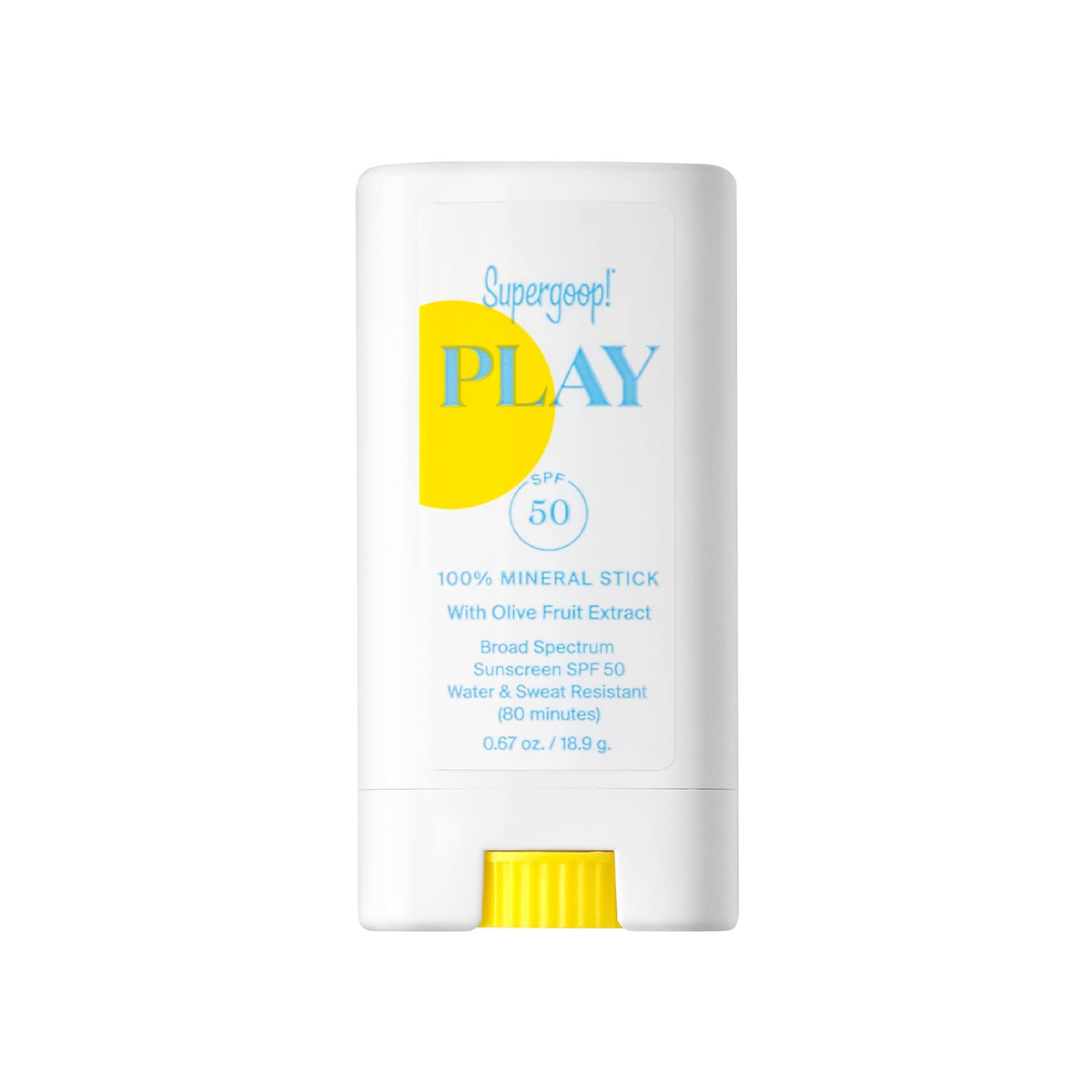
This sunscreen will ensure healthy and happy skin for the person perpetually on the move.
Pro: Formulated with olive oil extract
Con: Not lightweight or long wearing
Customer review: "Bought this on a whim just to try, and it was so worth it! It goes on so buttery soft, and it blends perfectly with makeup. It feels like a primer. I was worried it might feel too oily (over my oily skin), but even after a long day of work, it was actually less oily than when I don't wear it! 10/10."
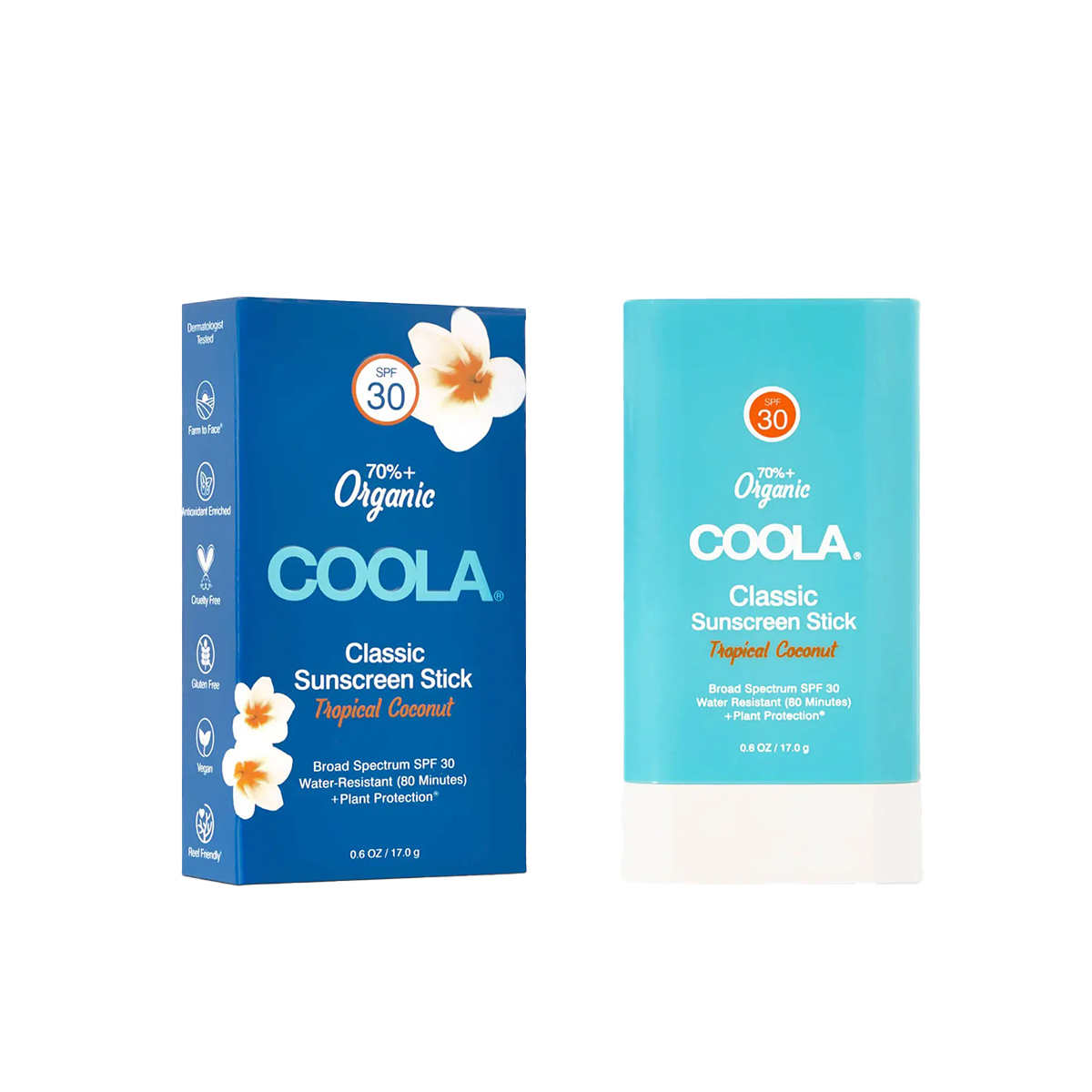
If you're looking for a sunscreen that smells and feels amazing, give Coola's Classic Organic Sunscreen Stick SPF 30 a try.
Pro: Light enough for everyday use
Con: Visibly oily finish
Customer review: "I bought this to spot-cover some places that need extra sun protection, and it did not disappoint! I love the scent, texture, packability, and sheerness of the cover. Another gold star product from Coola!"
This article was originally published at an earlier date and has since been updated.

Maya Thomas is Who What Wear's Associate Beauty Editor based in New York City. Her strong love for all things beauty and fashion stems from a strong childhood interest in the fine arts. During a gap year spent in Paris studying the history of French fashion, she shifted her focus to English literature and journalism as a student at Loyola Marymount University with the goal of one day pursuing a career in fashion. After graduating in May 2021, Maya began freelancing for Parade.com as a contributing commerce writer while also building a following on her lifestyle blog, Itsmayalala.com. When she's not writing, Maya spends her free time catching up on reading, perusing art galleries, and enjoying a night out at the ballet every now and then.
-
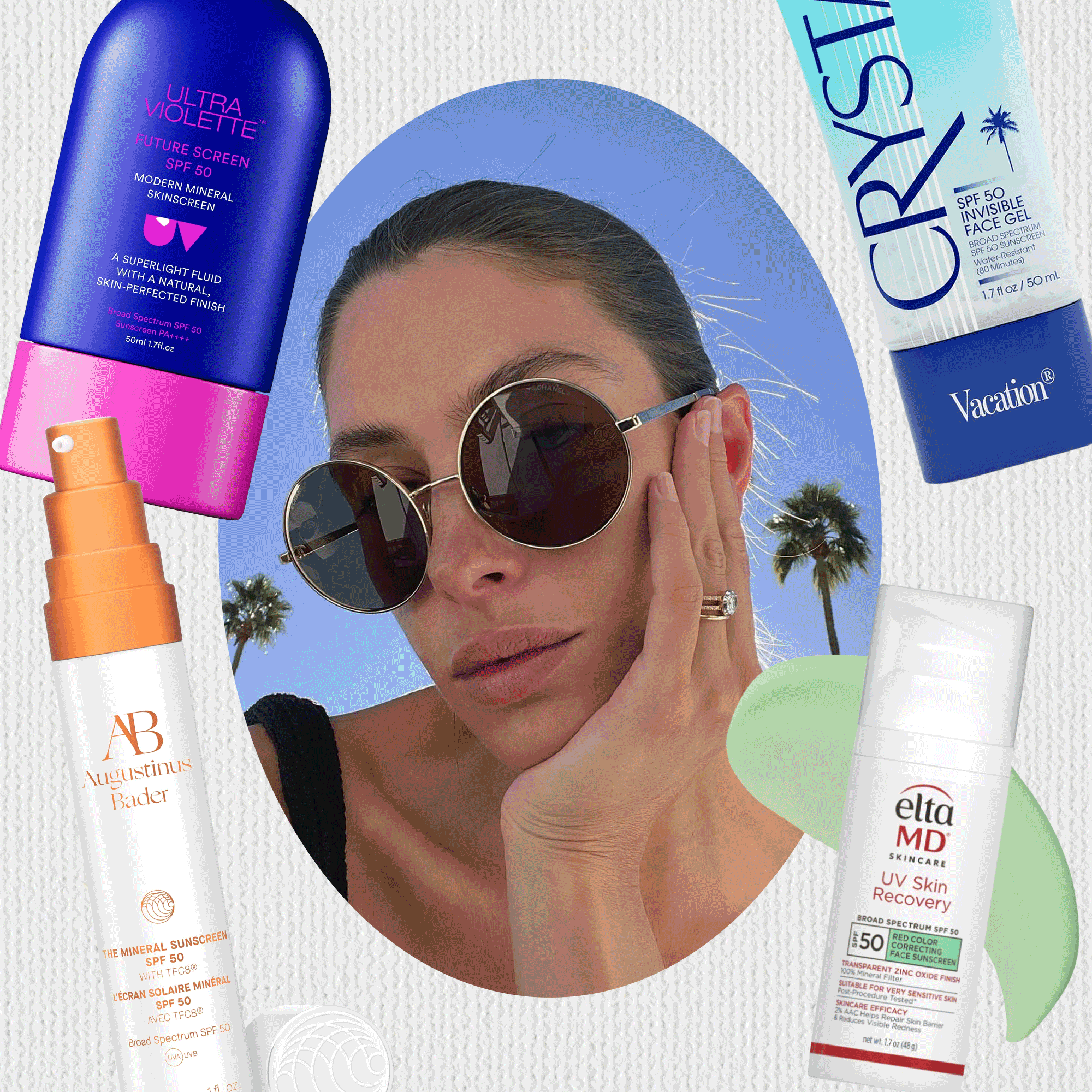 It's About to Be Hot and Sunny—TG—So Allow Me to Introduce You to 2025's Best New Sunscreens
It's About to Be Hot and Sunny—TG—So Allow Me to Introduce You to 2025's Best New SunscreensDon't settle for a subpar SPF.
By Kaitlyn McLintock
-
 This SPF Smells So Good It Had a 1700-Person Waiting List—Now There's a White Lotus–Coded Perfume to Match
This SPF Smells So Good It Had a 1700-Person Waiting List—Now There's a White Lotus–Coded Perfume to MatchCrisp, indulgent, and yacht-inspired.
By Jamie Schneider
-
 My Amazon Cart Is Basically a French Pharmacy Haul—10 Products to Buy on Sale Before Everyone Else
My Amazon Cart Is Basically a French Pharmacy Haul—10 Products to Buy on Sale Before Everyone ElseThey're not to be missed.
By Jamie Schneider
-
 Sunscreen Filters Abroad Are Totally Elite—Here's Why They're Not Available in the U.S. Yet
Sunscreen Filters Abroad Are Totally Elite—Here's Why They're Not Available in the U.S. YetIt's a bummer, but I have hope.
By Shawna Hudson
-
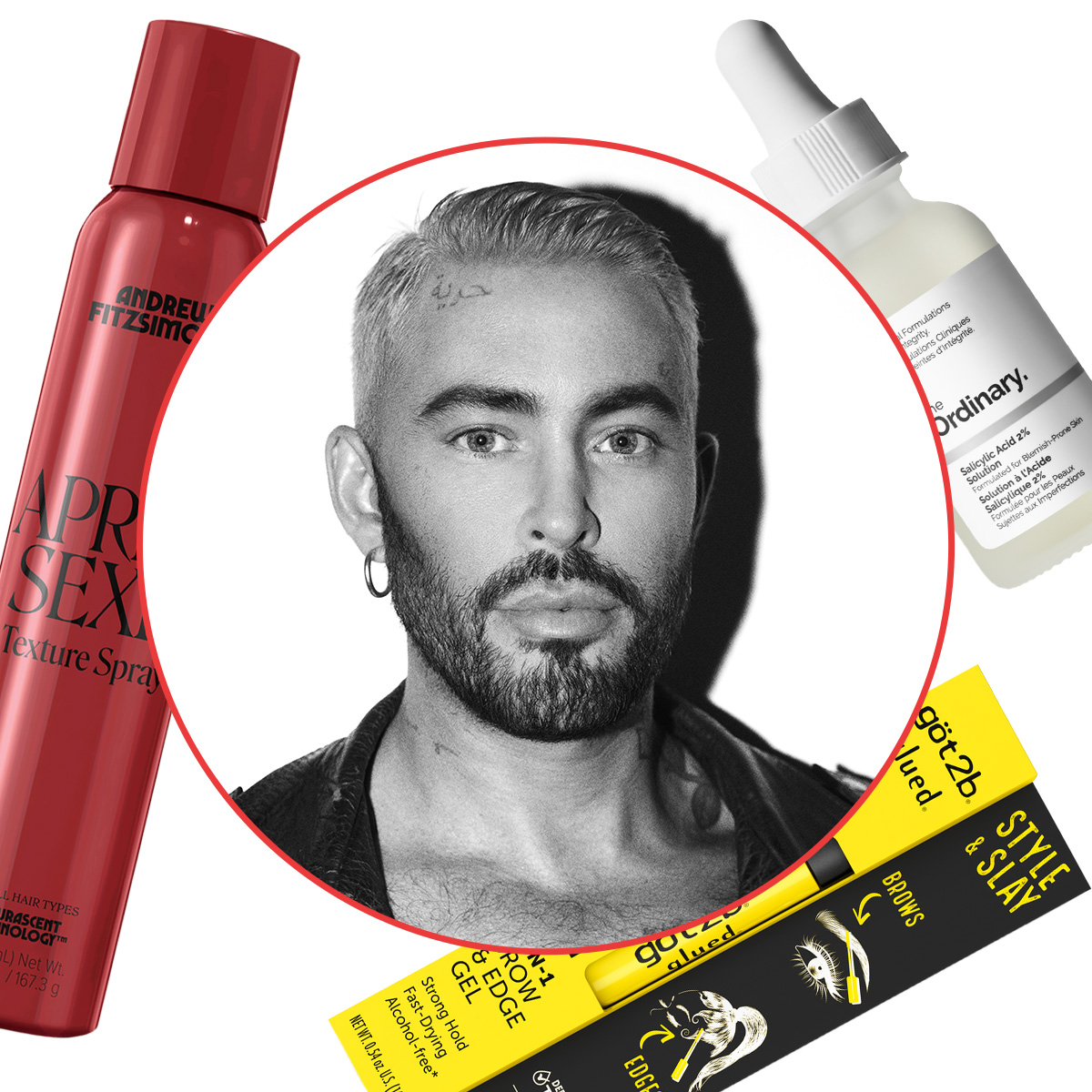 My Clients Are Known for Glossy, Expensive-Looking Hair—8 Drugstore Items I Think You Should Own
My Clients Are Known for Glossy, Expensive-Looking Hair—8 Drugstore Items I Think You Should Own"It's not about the price tag—it's about performance."
By Kaitlyn McLintock
-
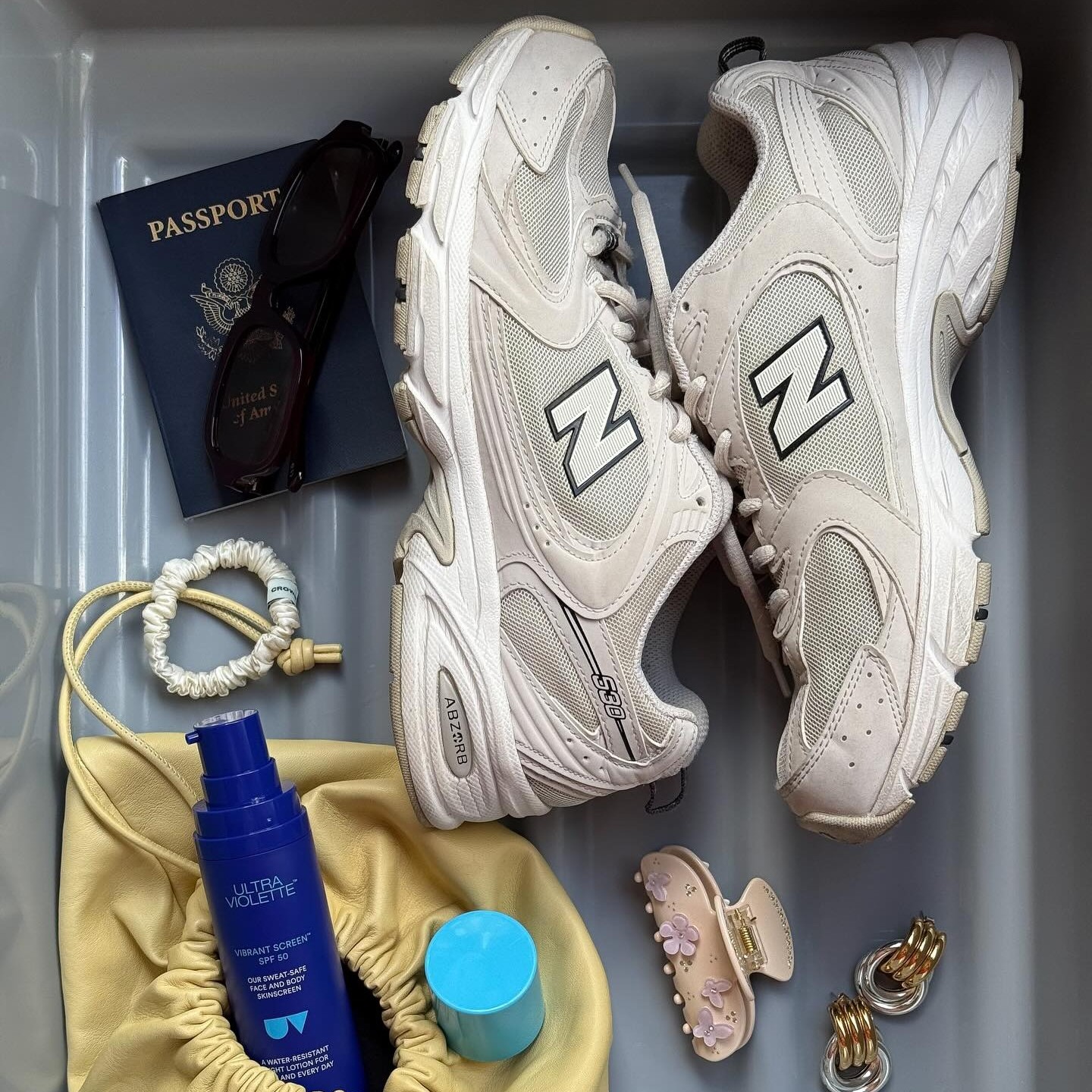 This SPF Is a Must-Get in Paris and London—Beauty Editors Are Going Feral for Its U.S. Launch
This SPF Is a Must-Get in Paris and London—Beauty Editors Are Going Feral for Its U.S. LaunchRun, don't walk.
By Jamie Schneider
-
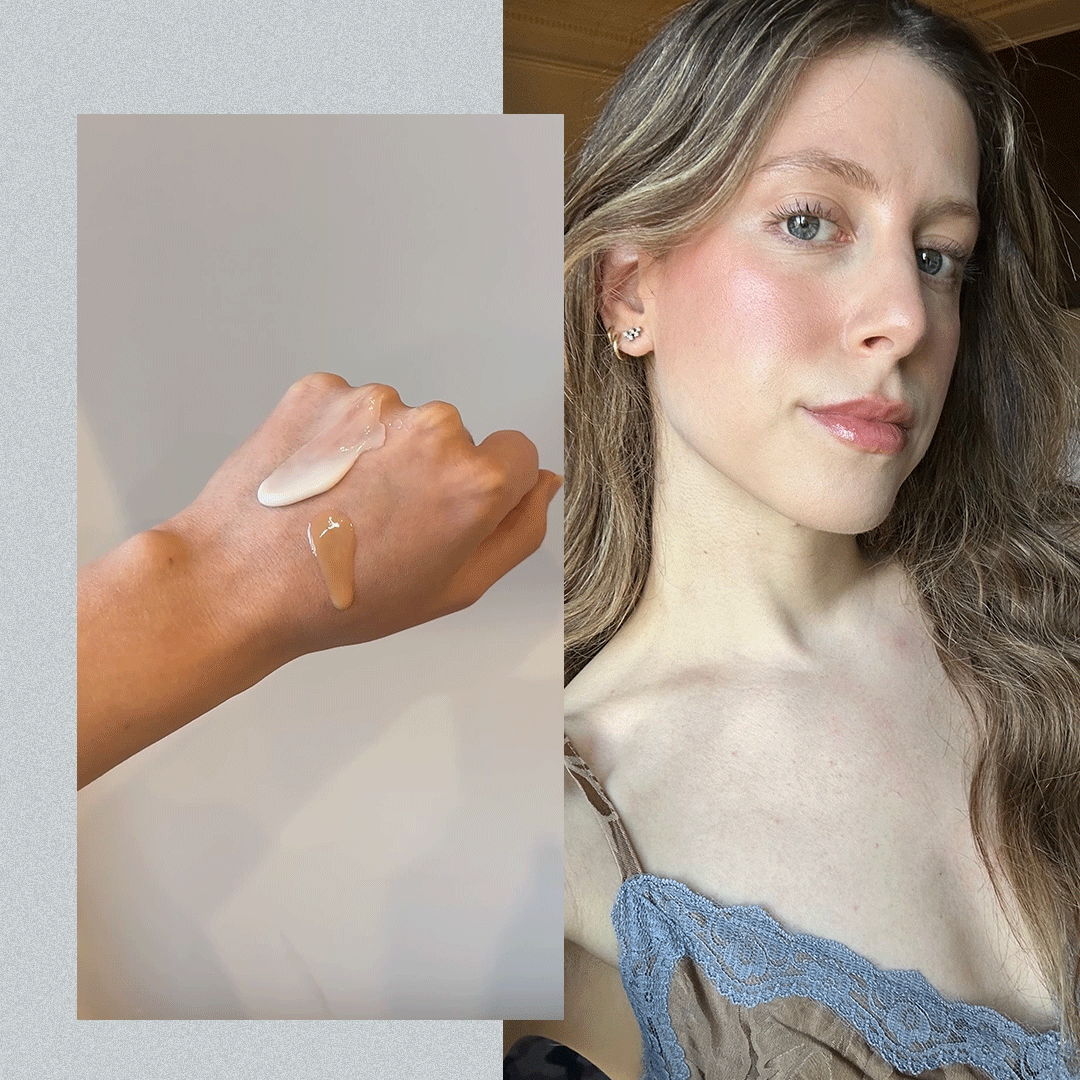 I Traveled 3635 Miles to Learn How to Get Rid of My Dark Spots—5 Game-Changing Tips
I Traveled 3635 Miles to Learn How to Get Rid of My Dark Spots—5 Game-Changing TipsHow far would you go for clear, smooth skin?
By Jamie Schneider
-
 A Derm Just Told Me This Under-Hyped Ingredient Can Replace My Growth Factor and Exosome Serums
A Derm Just Told Me This Under-Hyped Ingredient Can Replace My Growth Factor and Exosome SerumsIt truly does it all.
By Shawna Hudson

